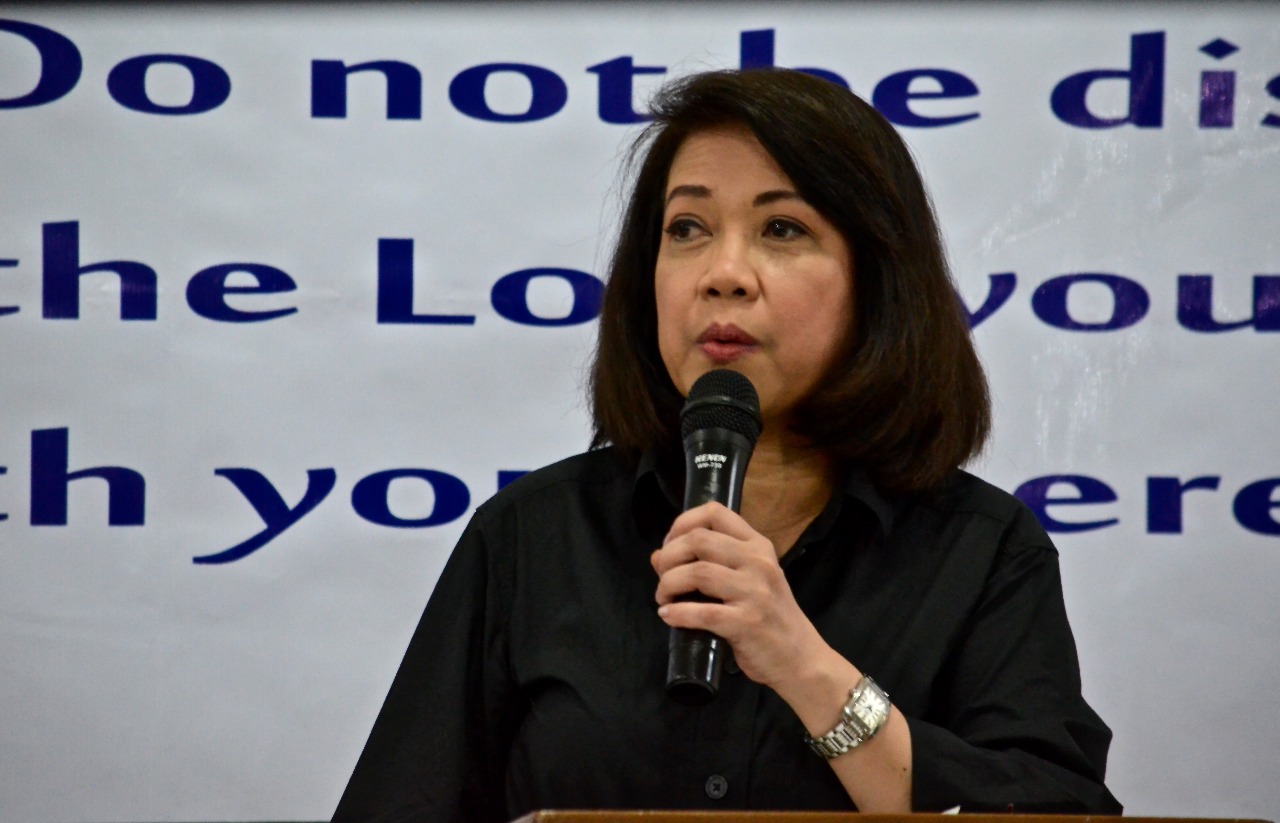Tax court clears ousted chief justice Sereno
The Court of Tax Appeals (CTA) has revoked the collection of more than P8.85 million from former Chief Justice Maria Lourdes Sereno, finding the Bureau of Internal Revenue (BIR) to be in violation of the tax code. The amount supposedly represented Sereno’s income tax deficiencies from 2011 to 2016.
In a 45-page decision on May 14, the two-member CTA Special Second Division granted Sereno’s petition for a review of the final decision on disputed assessment (FDDA) which the BIR issued in January 2022 in response to her objections over her alleged tax dues.
“While the government has an interest in the swift collection of taxes, the BIR and its officers and agents cannot be overreaching in their efforts but must perform their duties in accordance with the law, with their own rules of procedure, and always with regard to the basic tenets of due process,” the CTA said.
The BIR tax review on Sereno covered her years as associate justice at the Supreme Court from 2011 to 2012, and as chief justice from 2014 to August 2016.
According to the CTA, while the BIR’s examination of Sereno’s book of accounts and other tax records was “valid,” the Formal Letter of Demand (FLD) and Final Assessment Notice (FAN), which inform a taxpayer of tax liabilities, were “void because they were issued in violation of (Sereno’s) right to due process.”
It said the BIR commissioner at the time—Caesar Dulay—did not take Sereno’s explanations in consideration when he issued the FAN, which was just “copied verbatim” from the initial notice.
“The right to be heard, which includes the right to present evidence, is meaningless if (the BIR commissioner) can simply ignore the evidence without reason,” said the ruling penned by Associate Justice Lanee Cui-David, with the concurrence of Associate Justice Jean Bacorro-Villena.
“His failure to give due consideration to (Sereno’s) defenses, explanations, and supporting documents when he made his conclusion as to [the] respondent’s tax liability, could hardly be considered substantial compliance with the due process requirement,” it added.
This was in violation of Section 228 of the National Internal Revenue Code of 1997, the ruling said.
The CTA also maintained that the authorized three-year period for the assessment of tax liabilities had already lapsed in Sereno’s case. For the tax years 2011 to 2014, the BIR was allowed to look into Sereno’s accounting books only until April 15, 2018, or three years after the last day of filing the annual income tax returns (ITR).
This meant that the BIR was seven months late when it issued the FLD/FAN to Sereno in November 2018.
The CTA used the same timeline in ruling that the three-year period for the collection of the alleged tax dues had also lapsed in November 2021.
“Thus, even if the assessment for 2015 to 2016 has not yet [been] prescribed, the (BIR commissioner) can no longer collect from the petitioner the assessed deficiency income taxes… as he was already barred by prescription,” it pointed out.
The assessment period could not also be given an extension of up to 10 years, or up to 2027 in Sereno’s case, as the BIR failed to provide proof that the former chief magistrate evaded taxes or provided false tax returns.
“If there were such an intent, petitioner would not have filed (annual ITRs) for 2012, 2014, and 2015 and voluntarily paid income taxes in the amounts of P253,665.28, P50,800.00, and P1,600.00, respectively, in addition to the taxes withheld and paid by the Supreme Court,” the court said.
“Indubitably, any error committed in calculating, withholding, and remitting the correct amount of tax required to be deducted and withheld from income payments… could not be attributed to petitioner, but necessarily—to her employer,” it noted.
‘Politically motivated’
In her petition for review, Sereno argued that the BIR had admitted that the tax audit on her was “politically motivated.”
She recalled that the audit was sought by the House committee on justice when it was deliberating on an impeachment complaint against her.
In March 2018, the House committee found probable cause to impeach Sereno for “culpable violation of the Constitution” and her “nonfiling and nondisclosure” of her sworn statement of assets, liabilities and net worth.
Two months later, the country’s 24th Chief Justice was ousted by her colleagues in the Supreme Court in an 8-6 vote.
The landmark ruling granted the quo warranto petition filed by then Solicitor General Jose Calida, who sought her ouster for supposedly failing to submit all the required financial documents when she applied for the top judicial post.
Sereno, at the time, had been critical of then President Rodrigo Duterte’s “narcolist”—or list of high-profile individuals with alleged ties to drug syndicates—which then contained the names of seven trial court judges.
